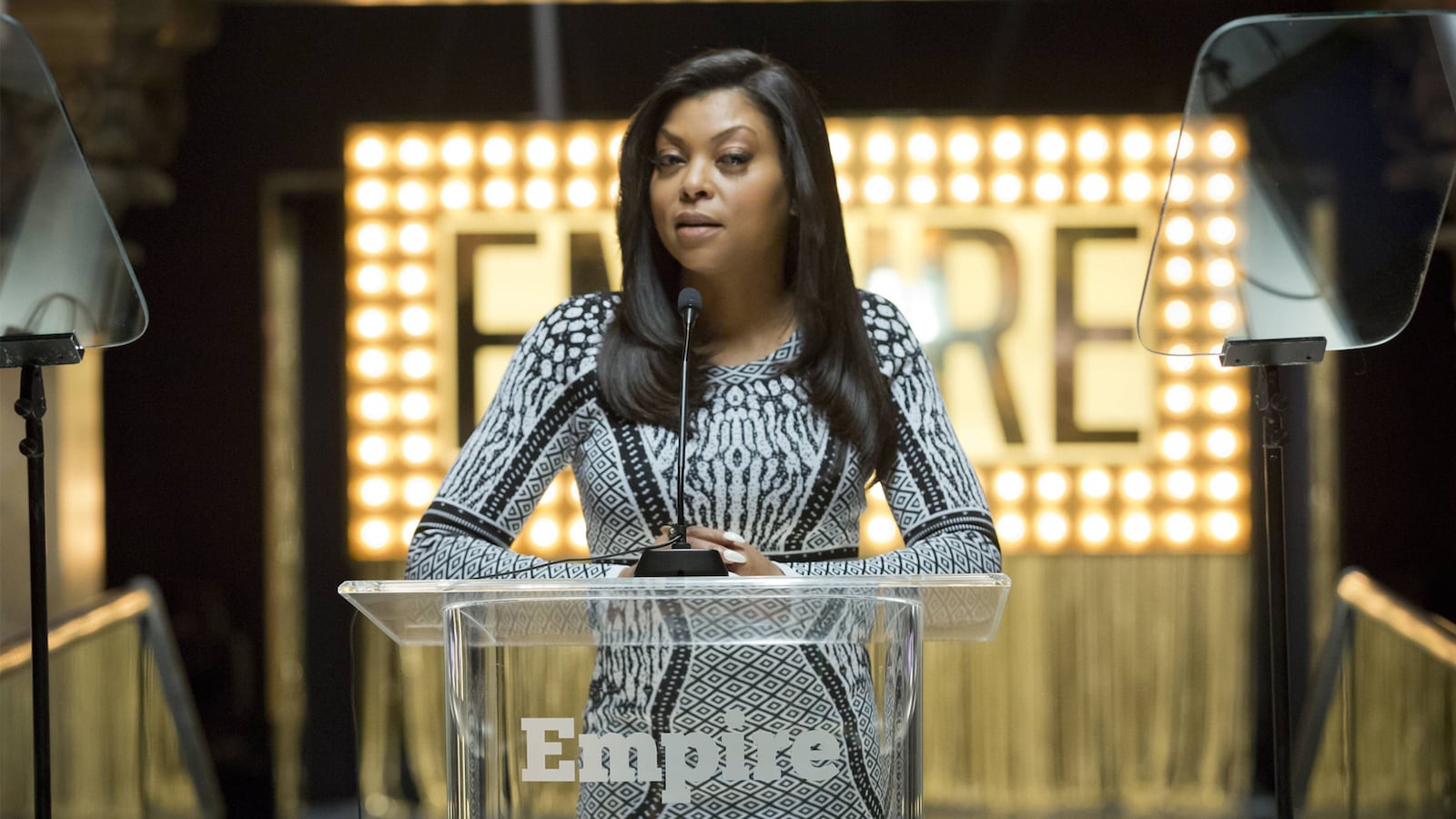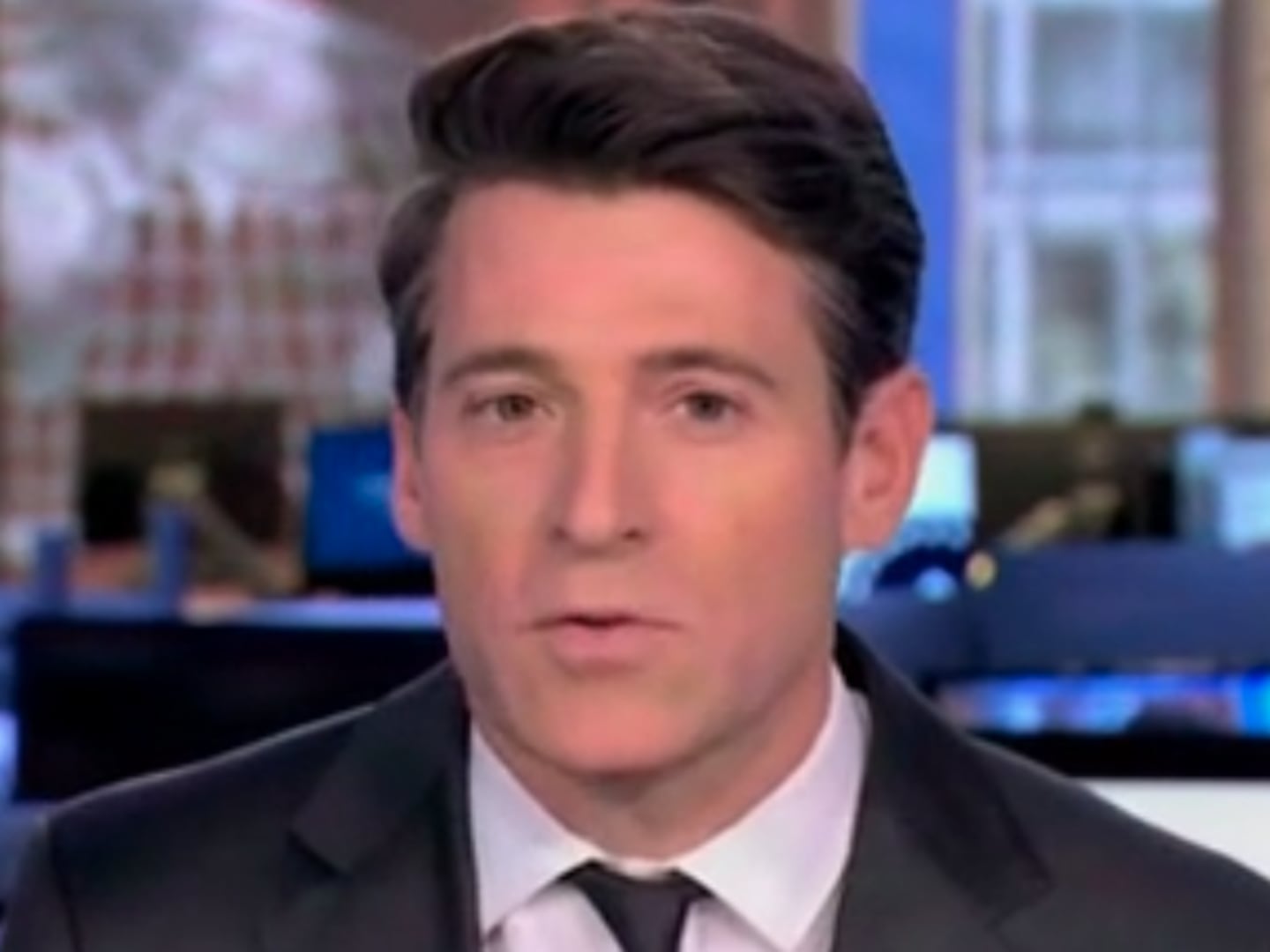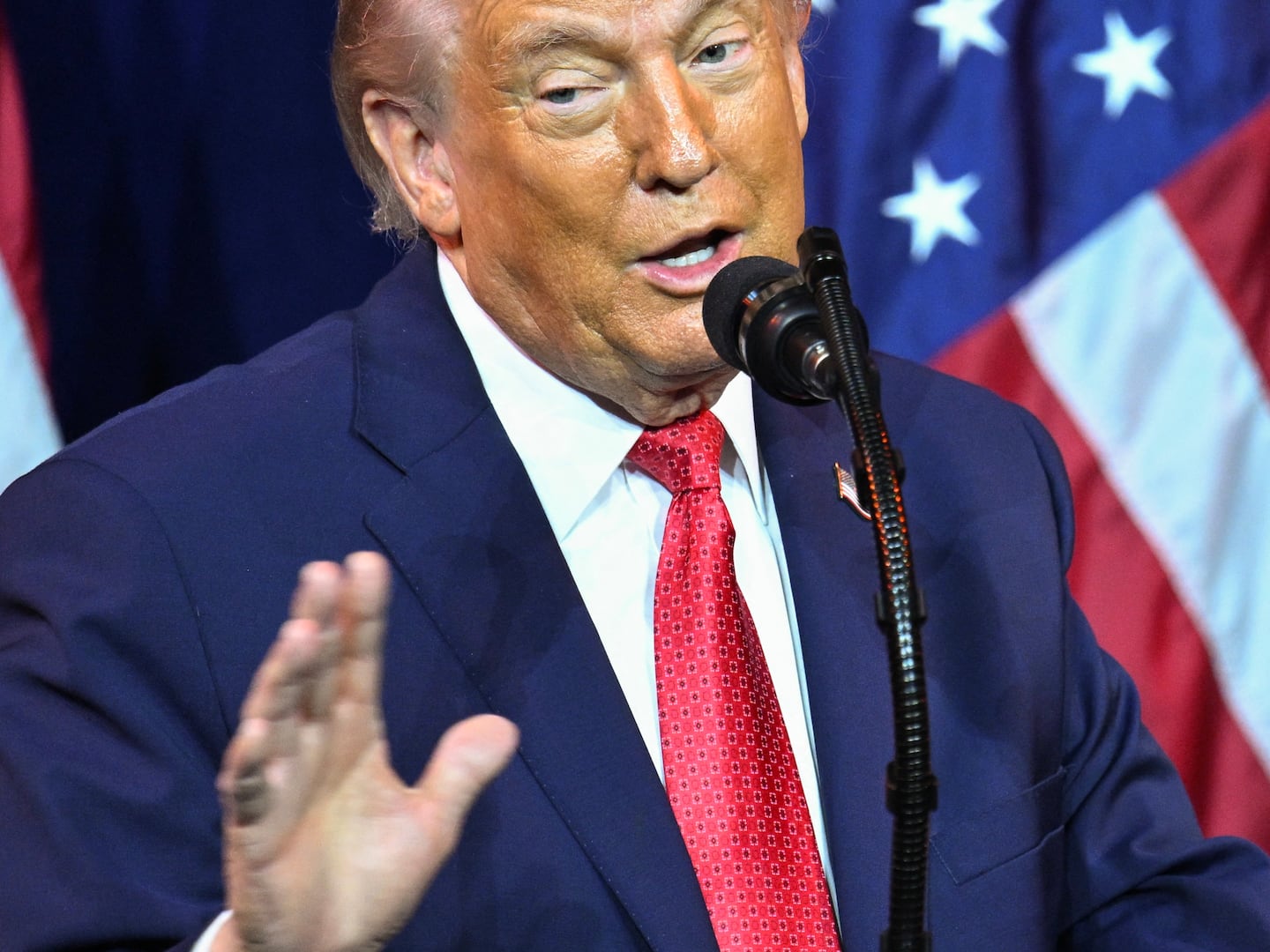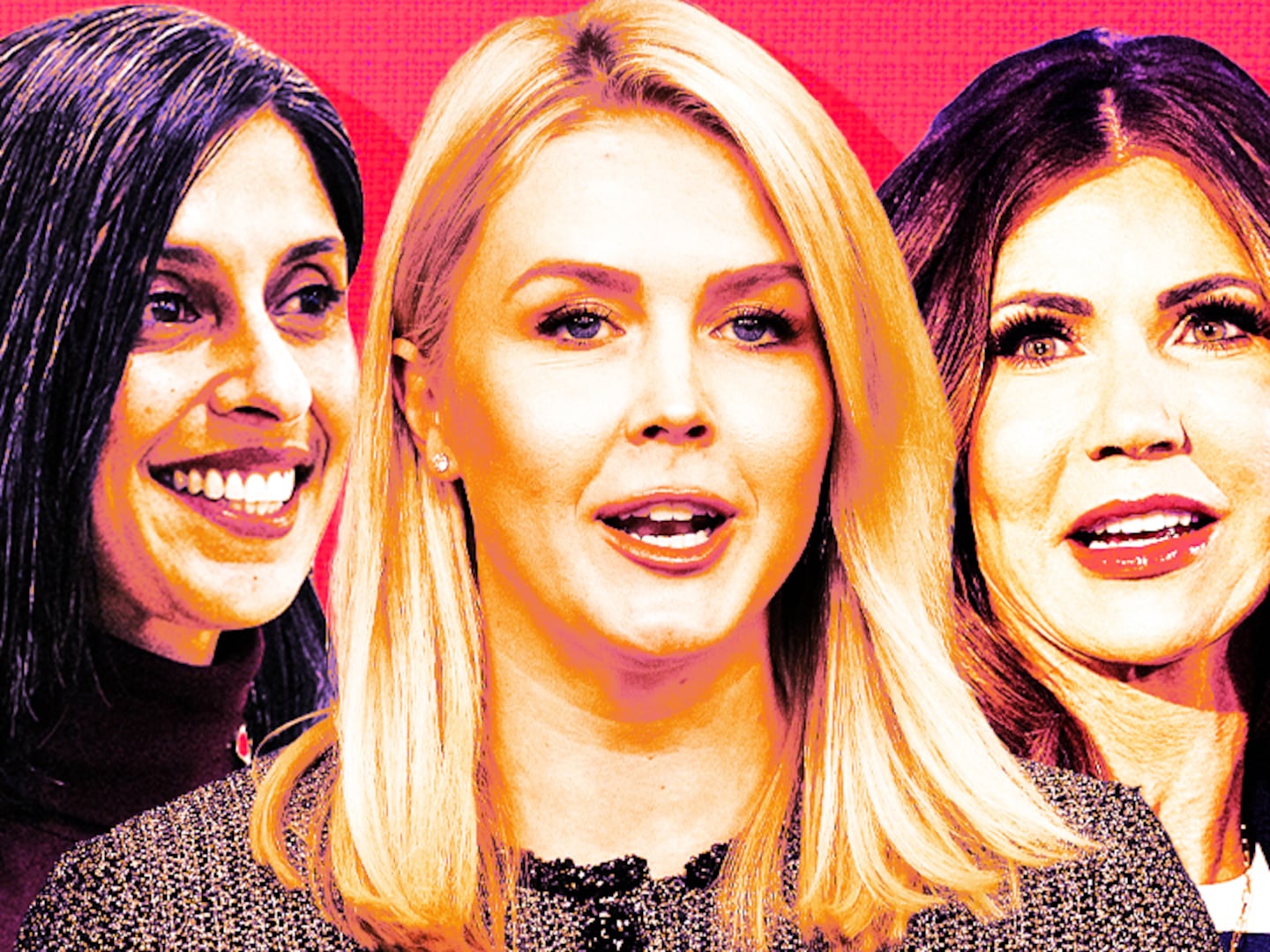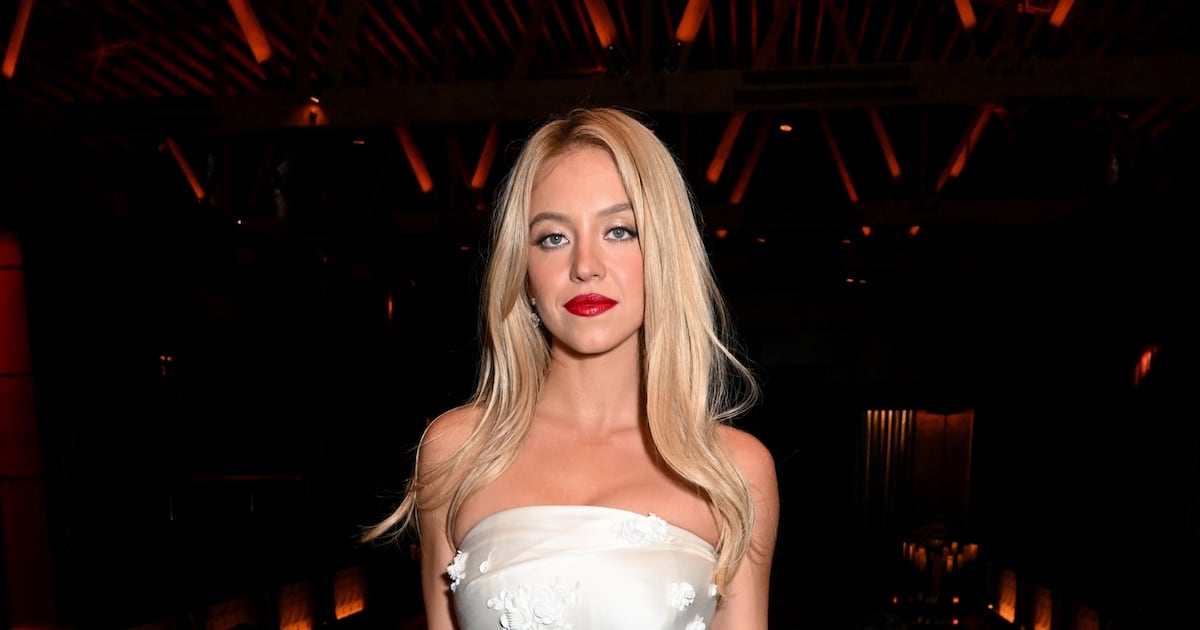The day before Empire premiered on Fox, Danny Strong, who co-created the blockbuster hit series with Lee Daniels, called his agent to ask about ratings. Fresh off the box-office success of The Butler, which he wrote, and critical accolades for his TV movies Game Change and Recount—which aired on HBO, where viewership is more of a novelty than a necessity—he was kind of clueless about the whole thing.
“I called and said, ‘So what’s good?’” he says, laughing hysterically at the silliness of the question now.
After all, Empire’s unprecedented ratings success has become the stuff of TV legend. The wildly popular, outlandishly bold, and irresistibly addictive soap opera about a hip-hop mogul and his epically flawed family was the first drama in 21 years to score higher ratings in each of its first three weeks. And then it kept growing for every single one of its nine episodes, all leading up to its hotly anticipated season finale airing Wednesday night.
Empire debuted in January to a 3.8 rating and a coronation by critics as the heir to Dynasty, a riveting and ridiculous primetime soap opera worthy of our infatuation. Last week’s episode drew a spectacular 5.8 rating and cemented its status as a bona fide pop culture phenomenon—one that deals with race and homosexuality in ways both nuanced and loud, and, for once, has people of all races and demographics watching at the same time.
Scorched by the show’s hotness as it builds to Wednesday’s season finale, we attempted to pick Strong’s brain for secrets to the big final episode—“I’m a spoiler-free interview,” Strong says—but settled for hearing the secrets to the show’s success from one of the key players in orchestrating it.
Trying to pinpoint the formula responsible for Empire’s unexpected rise has been a bit of an obsession of pop culture obsessives, and the subject of copious think pieces and industry reports. “I don’t think it’s very complicated,” Strong insists, trumpeting three words that are as valuable in today’s TV climate as they’ve ever been: word of mouth.
“I think it’s two factors,” he says. “People really like the show, and we’re catering to an audience that’s grossly underrepresented in television right now, which is the African-American audience.”
“When we premiered, we had huge numbers in African-American households and we had OK numbers in white households,” he says. He thought, hey, there’s room to grow—that the positivity surrounding the show would cause it to spike with white viewers—which it did. “What I didn’t expect was that our African-American numbers would double by then, too.”
Empire, then, counts itself as a part of a group of freshman TV series, including How to Get Away With Murder and black-ish, featuring diverse casts and storylines that don’t shy away from race and are—would you believe—still big, fat hits, disproving the notion that “black” shows should only be marketed to “black” audiences. Or that “mainstream” (read: white) audiences wouldn’t embrace stories that reflect the lives of other cultures.
Still, perhaps owed to its unparalleled popularity, Empire is fielding a considerable amount of backlash. As is the case whenever a TV show gives representation to communities that haven’t had much of it on TV before—whether it’s the gay community, or, as we saw recently with Fresh Off the Boat, the Asian-American community—there are critics who are unhappy that everyone on the spectrum of that community isn’t represented, or that their community is being reduced to stereotypes.
“We’ve experienced it, but I haven’t found it overwhelming,” Strong says when I bring up the backlash. “It’s like, you get two articles out there and all of a sudden it’s like, ‘There’s backlash!’”
But what about those who are dismayed over the fact that the leads of the show—Terrence Howard’s record label owner Lucious Lyon and his estranged wife, Taraji P. Henson’s Cookie—are both former criminals, and so Empire perpetuates the worst in black stereotypes?
“I’ll say this: Our story is about a group of characters,” Strong says. “We’re not trying to represent black culture in its entirety. We’re also not trying to fight a civil rights battle in our project. We’re just trying to tell a fun, dynamic, truthful, engaging soap opera. And so the characters are going to be flawed; that’s just called ‘realistic.’ I think if people expect every single character to overcome some sort of stereotype that people are concerned about, you’re not going to have a) truth or b) much entertainment value.”
And as for feeling any sort of responsibility to alter the way race is portrayed on the show in season two, given how much of a talking point identity and representation has been throughout season one? “Absolutely not,” he says.
And why should he feel it? It’s progressive that, with Empire, black characters are finally free to be as flawed and complicated as any other characters have long been allowed. Plus, “African Americans love the show,” he says. “I don’t think we’re offending them, or they wouldn’t be watching.”

Given how supremely popular Empire has been as a TV show, it might be surprising to learn that it was first pitched by Strong as a movie, before his creative partner Lee Daniels promptly instructed him that it would be better off as a TV show. But while we’re certainly in the midst of an important cultural moment for the popularity and visibility of TV shows featuring diverse casts, it’s hard not to wonder what the reception was at networks to a soap opera featuring an all-black cast back in late 2013, when Empire was first being pitched.
“Everyone wanted it,” Strong says matter-of-factly. He knows that might sound surprising—until he explains more. “Well, look, we pitched the show the week after The Butler was the No. 1 movie in the country, so the timing was pretty good.” But not just because of The Butler. “Scandal was a huge hit. Also, cable was killing the networks ratings-wise. People just felt open to something that felt new and original.”
A soap opera about a hip-hop record label owner battling ALS with a gay son struggling to come out, a son with bipolar disorder, and another who is dating a fashion designer played by Naomi Campbell certainly fit that bill. But also new and original, and certainly keeping with the philosophy preached by Shonda Rhimes’s dramas, was that TV shows should say something important, and have a social message. And Strong knew he wanted to do that with the gay son character, Jamal, played by Jussie Smollett.
“Attacking homophobia was in my original pitch to Lee,” he says. “Where I said the hip-hop mogul is going to have a gay son who is incredibly talented who should be the one who takes over the empire, but he hates him because he’s gay. And unflinchingly attack homophobia in this mainstream piece of material.”
The rousing response to Jamal’s storyline bled into a real-life scrutiny of its actor’s personal proclivities, which meant that Smollett suddenly found himself having to answer questions about his sexuality that he didn’t seem ready to answer, and, on top of that, didn’t see valuable to the conversation sparked by Jamal’s arc by answering.
“We’re going through this changing time right now where the acceptance of gay marriage has flipped,” Strong says. “People who have been bigoted are now starting to look at the issue differently. So these actors being at the forefront of storylines that are tackling this, a natural consequence of that is that people are going to be curious about the actors’ personal lives.”

Smollett’s sexuality and own coming out soon became a narrative of its own, to rival his on-screen counterpart. “But at the end of the day Jussie did discuss it and I’m incredibly proud of him,” Strong says. “One thing I was hoping was that young people who think they’re gay or know they’re gay at that age will watch Jamal and watch Empire and they’ll see Lucious and they’ll see that Lucious is wrong and Jamal is right, and it will make them comfortable with themselves and who they are. Maybe they’ll not have to go through the struggle that some people did who didn’t have role models like that.”
So, embracing race. Saying something important. Appealing to an audience that’s grossly underrepresented, but not marginalizing them. We’ve touched on most of the secrets to Empire’s success except for perhaps the biggest one: Strong himself. He’s an actor (he’s appeared on Buffy the Vampire Slayer and Girls) and a prolific screenwriter. He’s also, as many people are quick to point out and are surprised by, white.
“Maybe people are surprised,” he concedes, adding that he’s routinely asked how he’s able to write so believably about the world of hip-hop and black culture. “The real question is how can I write in any world?” he says. “Everything I write has nothing to do with me.”
That’s a very solid point. Strong wrote the screenplays for the Mockingjay films that conclude the Hunger Games franchise, but it’s unlikely that he has much experience in a dystopian world on the brink of civil war. And he won an Emmy for his work getting inside the mind of Sarah Palin, a world that no man should be able to believably navigate.
To that regard, there’s an astonishing breadth and diversity when you look at Strong’s body of work. There’s the political circus of Recount and Game Change, the rousing civil rights work of The Butler, the explosive warrings of a hip-hop family in Empire, and the crusade of YA heroine Katniss Everdeen in one of the biggest blockbuster franchises going.
“If there’s any one word or phrase you could use to tie these things together, I think it’s that I’m just attracted to stories that are epic,” he says. The stakes are high. There’s larger-than-life scope that he manages to rein back to a very human story. “You look at something like Empire,” he says. “It’s a family battle. I wanted it to be Shakespearean in scope. Those are the stories that appeal to me personally.”
Ah, the final secret: Make it epic. It’s certainly hard to refute that.

